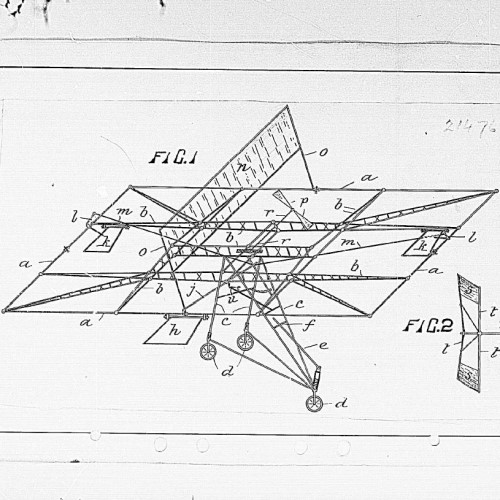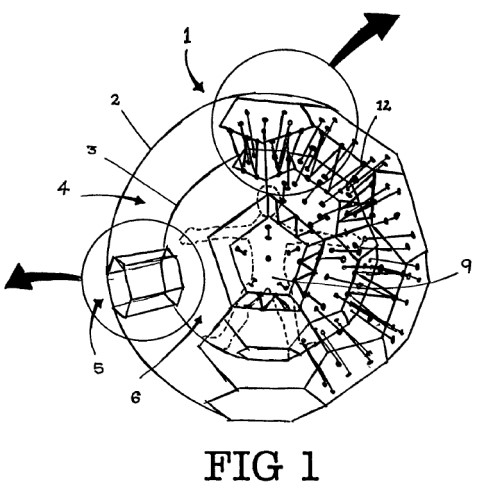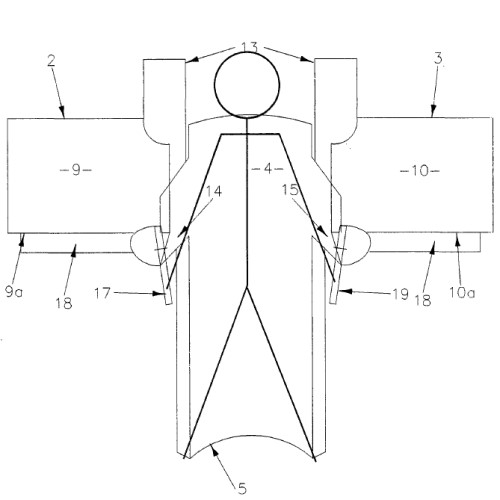- What is a patent?
- Search for existing patents
- How to apply for a patent
- Examples of patents
- Ready to get started?
What is a patent?
A patent protects an invention, process, device or how something works, and gives you the right to stop others from copying your idea for up to 20 years. Your rights only exist in each country that the patent is granted in.
To get a patent granted for your invention, your invention must be new, useful, and inventive.
-
Being new means that no one else has disclosed the same invention anywhere in the world before.
-
Inventive means that the patent cannot be an obvious improvement on what is already known by people working in that area.
-
It is important you do not publish or share your idea online before you have applied for your patent.
-
The invention must also have a practical use.

"At every single stage of our company's growth, everyone’s always looked at what IP we have and how we are bringing that to the market."
– Dr Eldon Tate, Inhibit Coatings
Search for existing patents
‘Searching for an existing patent before making an application is a good idea. It can save you time and money, and can also provide inspiration or historical information.
How to apply for a patent
Check if your idea can be registered as a patent
Inventions must meet legal requirements to be patented. The invention must be new, inventive and useful. You should do a search online to see if your invention is new.
Write your patent specification
The patent specification defines the scope of protection. It’s a complex skill to make sure your invention is covered but is still considered new. This is one of the ways a patent attorney can help you. Make sure it’s comprehensive as new information cannot be added after filing.
File application
File your application using our case management facility or through your patent attorney. You will need to provide your patent specification, and identify its owner and inventors.
Request your application to be examined
Once you have filed your application, you may request for your application to be examined within 5 years of its filing.
Wait for a response from your examiner
Some time may pass before your patent application is examined. Your examiner will accept your application or notify you of any issues that prevent the grant of patent for your invention and give you an opportunity to respond.
Publication and grant
Patent applications are published after 18 months, or when they’re accepted. Anyone may oppose the grant of a patent if they feel there are sufficient reasons. If your application has been accepted, and no opposition is raised, a patent will be granted for your invention.
Examples of patents

An improved aerial or flying machine
NZ patent number: 21476
Owned by: Richard Pearse

Double Skin Sphere
NZ patent number: 270146
Owned by: Zorb Limited

Propulsion device
NZ patent number: 538630
Owned by: Martin Aircraft Company Limited
